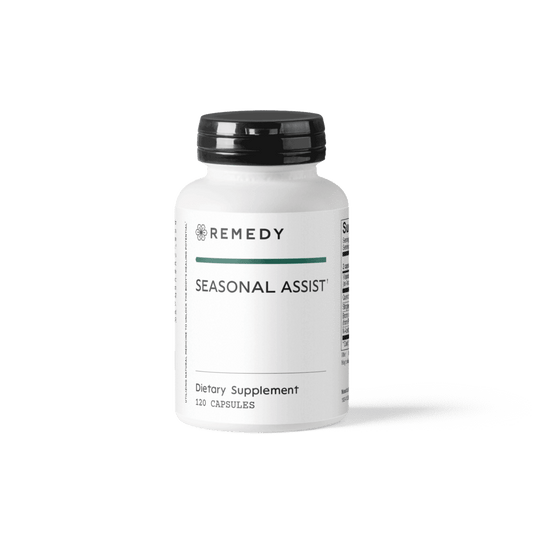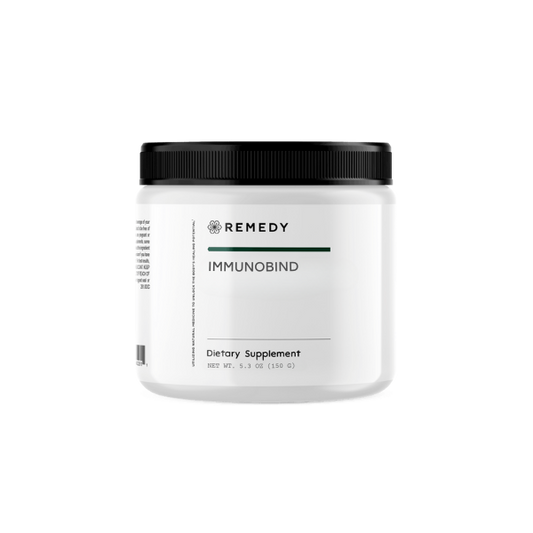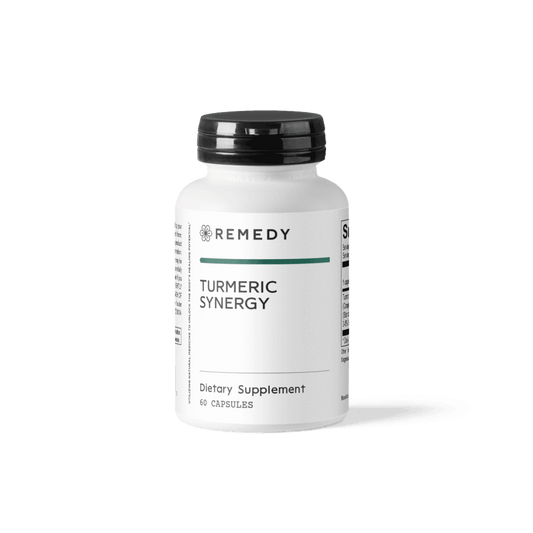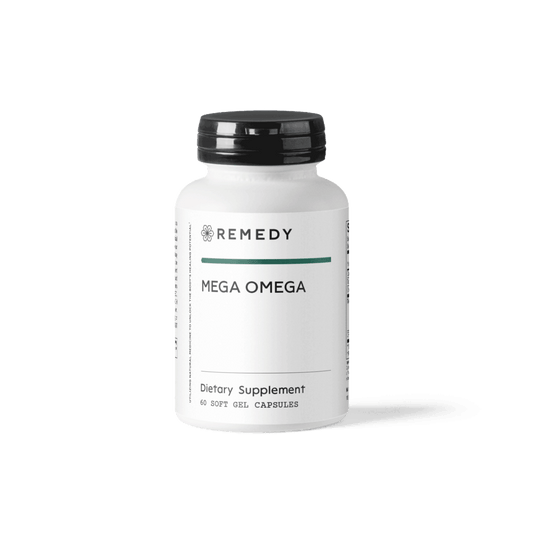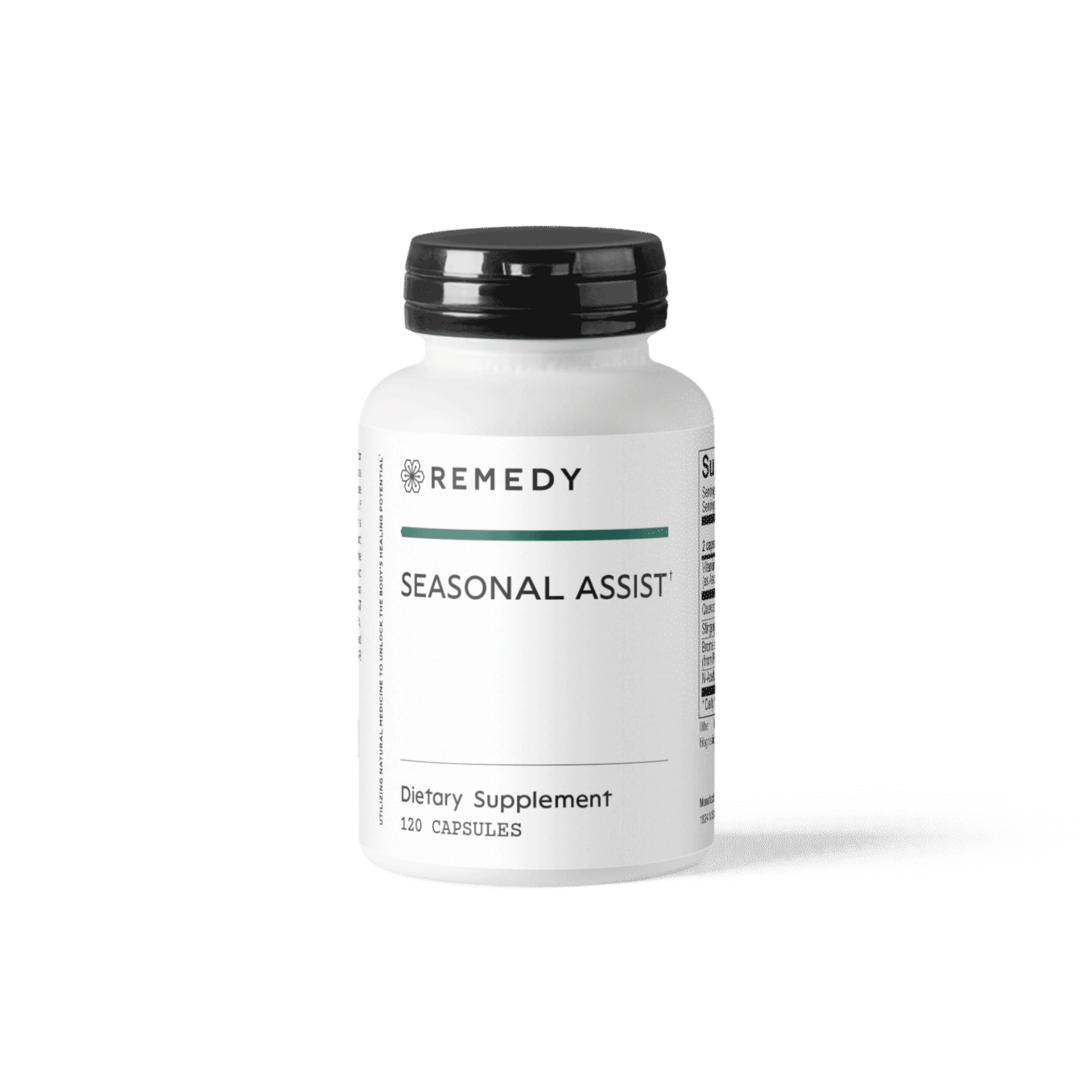
Seasonal Allergy Protocol
Trusted functional medicine protocol for seasonal allergy relief.
Nourish. Live. Support.
Food As Medicine
Food as Medicine
Research has shown that foods rich in antioxidants, such as fruits and vegetables, can help reduce inflammation in the body. This can be particularly beneficial for individuals with allergies, as inflammation is a key factor in allergic reactions. By incorporating these foods into their diet, people may experience a decrease in allergy symptoms.
1. Citrus Fruits
Citrus fruits like oranges, lemons, and grapefruits are rich in vitamin C, which is known for its immune-boosting properties. Vitamin C can help reduce inflammation in the body, making it beneficial for those suffering from allergies.
2. Local Honey
Consuming local honey may help desensitize your body to pollen from local plants, reducing the severity of your allergic reactions. Be sure to choose raw, unfiltered honey for the best results.
3. Quercetin-Rich Foods
Foods high in quercetin, such as apples, onions, and berries, have natural antihistamine properties that can help alleviate allergy symptoms. Quercetin works by stabilizing mast cells to prevent the release of histamine.
4. Omega-3 Fatty Acids
Foods rich in omega-3 fatty acids, like salmon, walnuts, and flaxseeds, have anti-inflammatory properties that can help reduce allergic reactions. Omega-3s can also support overall immune function.
5. Probiotic-Rich Foods
Probiotics, found in foods like yogurt, kefir, and sauerkraut, can help promote a healthy gut microbiome. A balanced gut microbiome is essential for a strong immune system, which can help reduce the severity of allergy symptoms.
Food can be a powerful tool to help manage your allergies. Try incorporating a variety of allergy-fighting foods in your daily meals!
Lifestyle
Lifestyle
Some simple lifestyle changes can play a significant role in managing seasonal allergies. Here are some expert-recommended tips to combat seasonal allergies:
1. Keep Your Home Clean
Dust, pet dander, and mold are common allergens that can trigger symptoms. Regularly dusting, vacuuming, and washing bedding can help reduce exposure to these allergens in your home.
2. Monitor Pollen Levels
Check pollen forecasts and try to stay indoors when pollen levels are high. Keeping windows closed and using air conditioning with a clean filter can help reduce pollen entering your home.
3. Shower and Change Clothes After Being Outdoors
Pollen can cling to your hair and clothes, so showering and changing into fresh clothes after spending time outdoors can help prevent bringing allergens into your living space.
4. Use HEPA Filters
High-efficiency particulate air (HEPA) filters can help trap allergens like pollen, dust mites, and pet dander. Consider using HEPA filters in your vacuum cleaner and air purifier.
5. Stay Hydrated
Drinking plenty of water can help thin mucus secretions and reduce congestion. Staying hydrated can also help support your immune system in fighting off allergens.
6. Try Nasal Irrigation
Nasal irrigation with a saline solution can help clear out nasal passages and remove allergens. This can provide relief from congestion and help reduce allergy symptoms.
By incorporating these lifestyle changes into your routine, you can better manage seasonal allergies and reduce the impact of allergens on your daily life.
Supplement Support
1. Quercetin
Quercetin is a plant pigment that belongs to a group of compounds called flavonoids. It is found in many fruits, vegetables, and grains, and has been shown to have anti-inflammatory and antioxidant properties. Studies have suggested that quercetin may help reduce allergy symptoms by stabilizing mast cells and inhibiting the release of histamine.
2. Vitamin C
Vitamin C is a powerful antioxidant that plays a crucial role in the immune system. It has been shown to reduce inflammation and boost the immune response. Some studies have suggested that vitamin C may help alleviate allergy symptoms by reducing histamine levels in the blood.
3. Stinging Nettle
Stinging nettle is a plant that has been used for centuries in traditional medicine to treat various ailments, including allergies. It contains compounds that may help reduce inflammation and histamine levels in the body. Some people find relief from allergy symptoms by taking stinging nettle supplements or drinking nettle tea.
4. Bromelain
Bromelain is an enzyme found in pineapple that has been shown to have anti-inflammatory properties. It may help reduce swelling and inflammation in the nasal passages, making it easier to breathe. Some studies have suggested that bromelain may help alleviate allergy symptoms, especially those related to sinus congestion.
6. N-Acetyl-Cysteine
N-Acetyl-Cysteine (NAC) is a supplement that contains an amino acid called cysteine. It is known for its antioxidant properties and its ability to support respiratory health. Some research has suggested that NAC may help reduce mucus production and improve lung function in people with allergies.
7. Immunoglobulin
Immunoglobulins are proteins that play a key role in the immune system. Some people with allergies may benefit from taking immunoglobulin supplements to help regulate their immune response and reduce allergy symptoms. These supplements can help support the body's natural defenses against allergens.
By incorporating these natural remedies into your daily routine, you may find relief from your allergy symptoms and improve your overall quality of life. Remember to consult with a healthcare provider before starting any new supplements, especially if you have existing health conditions or are taking medication.
Protocol Supplements
-
Seasonal Assist
Vendor:RemedyRegular price $40.00Regular priceUnit price / per -
ImmunoBind
Vendor:RemedyRegular price From $70.00Regular priceUnit price / per -
Turmeric Synergy
Vendor:RemedyRegular price $45.00Regular priceUnit price / per -
Mega Omega
Vendor:RemedyRegular price From $35.00Regular priceUnit price / per
Recommended Use
Start this regimen 7-10 days before your seasonal allergies set in if you have regular allergies, otherwise start anytime you start to get the sniffles associated with seasonal allergies.
- Seasonal Assist: Start with loading dose of 2 capsules 3 times daily for 7-10 days then can start maintenance dose of 1-2 capsules daily.
It is important to complete the loading dose to stabilize the immune/inflammation/allergy pathways in the body.
- Immunobind: 1 scoop daily.
- Turmeric Synergy: 1 capsules one to two times daily for inflammation and immune support.
- Mega Omega: 1-2 capsules daily for inflammation support and overall health.
Remedy
Seasonal Assist
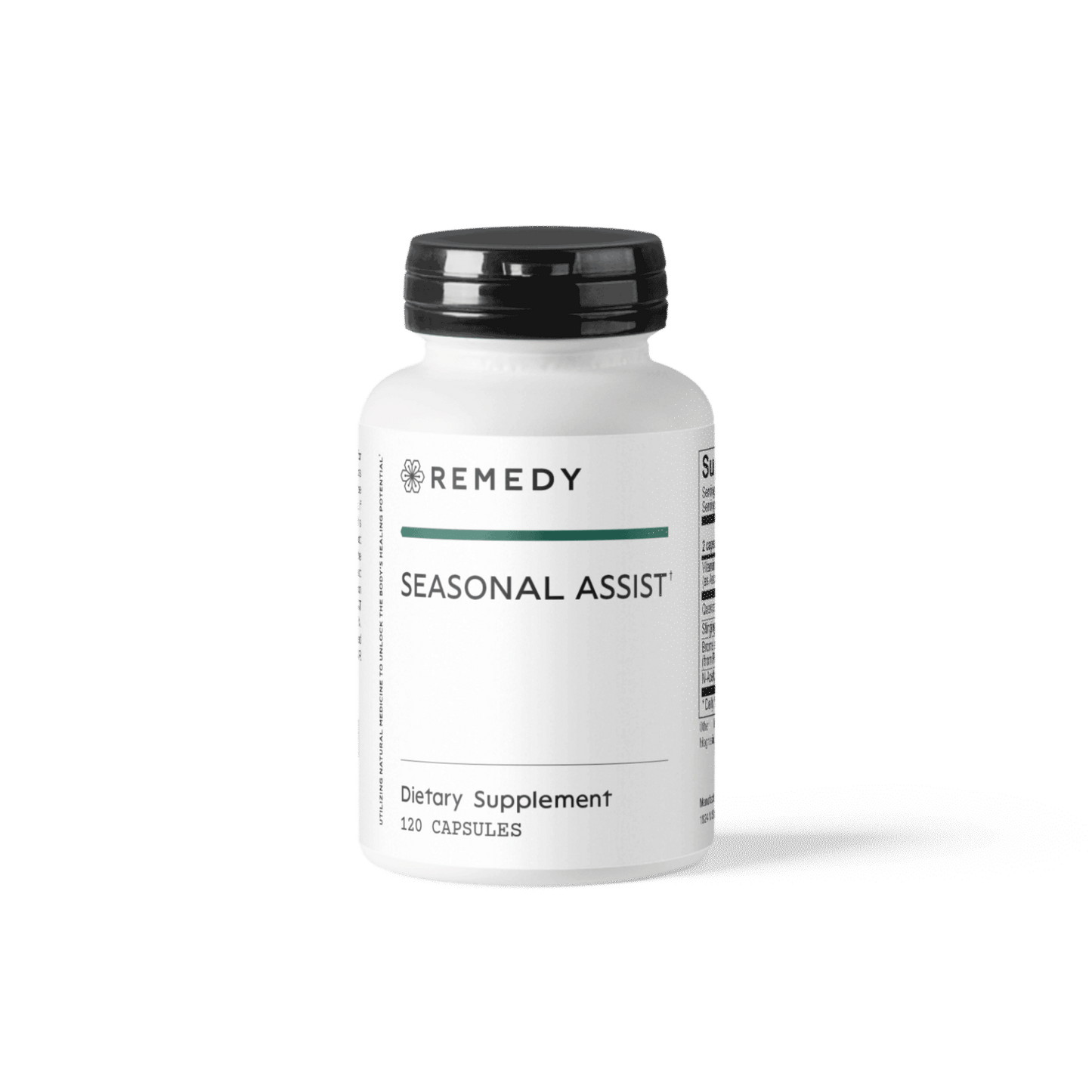
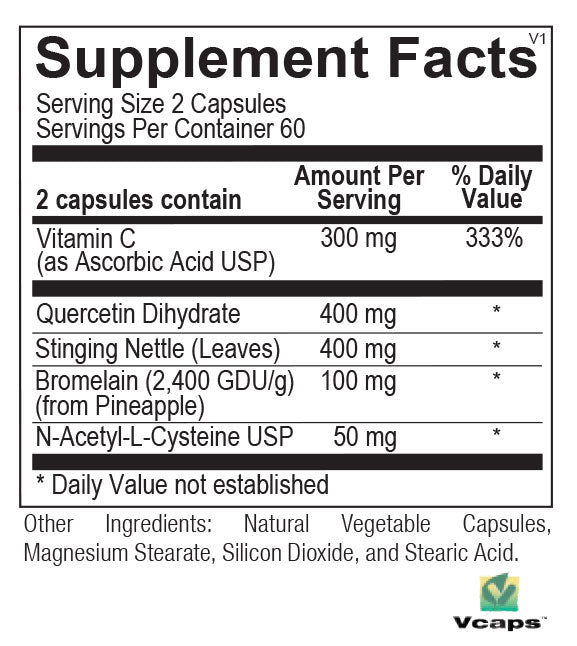

FREE Discovery Session
Schedule a FREE 15 Minute Discovery Session with Dr. Morgan Miller, PharmD to explore how to work one-on-one with Dr. Morgan or to get pointed in the right direction to a program or protocol.

